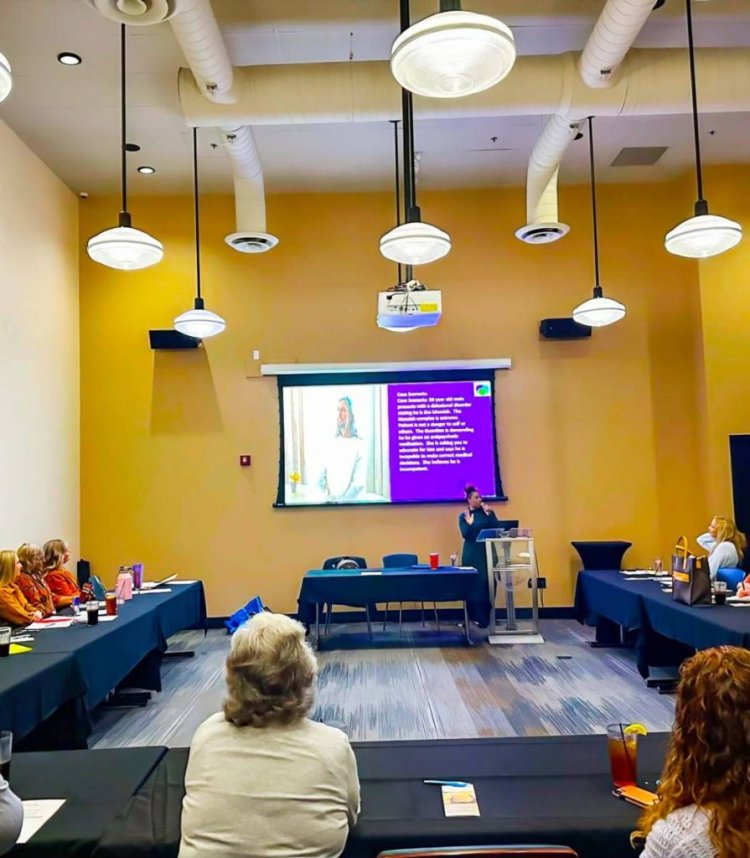Beyond the Diagnosis: The Value of Dementia Education
Beyond the Diagnosis: The Value of Dementia Education highlights how understanding dementia goes far beyond symptoms—it empowers caregivers, families, and professionals with the knowledge to provide compassionate, informed support that truly enhances quality of life.

When a loved one is diagnosed with dementia, the immediate reaction is often a mix of confusion, fear, and emotional overwhelm. While medical professionals may provide clinical insight, what truly equips families and caregivers for the road ahead is dementia education—a crucial resource that brings clarity, confidence, and compassion to the caregiving journey.
Understanding Dementia Beyond the Medical Chart
Dementia is not a single disease but a group of symptoms affecting memory, behavior, and cognitive functions. Dementia education helps caregivers recognize these symptoms early, understand their progression, and respond appropriately. From Alzheimer’s disease to Lewy Body and vascular dementia, each type demands a unique approach—and education helps uncover those distinctions.
Being informed goes beyond learning about symptoms. It means understanding how dementia affects communication, daily routines, sleep patterns, and emotional regulation. These insights transform caregiving from reactive to proactive, reducing stress for both caregiver and patient.
Enhancing Dementia Home Care Through Education
More families today are turning to dementia home care services to support their loved ones in familiar surroundings. But even with professional help, family caregivers remain integral to the care team. Dementia education bridges the knowledge gap, helping caregivers work alongside professionals with confidence and clarity.
Through educational programs and workshops, caregivers learn:
-
How to establish routines that promote comfort and stability
-
Techniques to handle behavioral changes like aggression or wandering
-
Strategies for engaging loved ones in meaningful activities
-
The importance of self-care to prevent caregiver burnout
This shared understanding between caregivers and dementia care specialists results in consistent and compassionate support—key to improving quality of life.
Empowering Families and Building Confidence
One of the most overlooked benefits of dementia education is emotional empowerment. Learning about dementia gives caregivers a sense of control in a situation that often feels unpredictable. It also encourages better communication with healthcare professionals and opens the door to supportive resources like local support groups, memory care programs, and respite services.
Whether it’s an online course, a support group session, or an in-person seminar, dementia education instills a mindset of empathy, patience, and adaptability—all essential in navigating the complex reality of dementia care.
Creating a More Compassionate Community
When communities invest in dementia education, they create more inclusive environments. From retail staff trained to assist individuals with memory loss to public safety teams who understand how to respond to wandering seniors, education spreads awareness and compassion.
By promoting dementia education in schools, workplaces, and community centers, we reduce stigma and help normalize conversations around memory loss and elder care. This ripple effect benefits not just individuals but the entire care ecosystem.
Final Thoughts
A diagnosis is just the beginning. The real strength comes from what happens next. Dementia education is a vital tool that empowers families, supports dementia home care efforts, and enhances the well-being of everyone involved. By investing in education, we shift the narrative from fear to understanding—and from isolation to community.
Let’s move beyond the diagnosis and towards a future of informed, compassionate care.
What's Your Reaction?


















.jpg)
